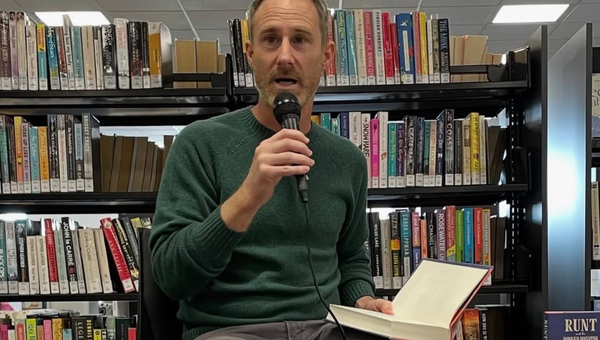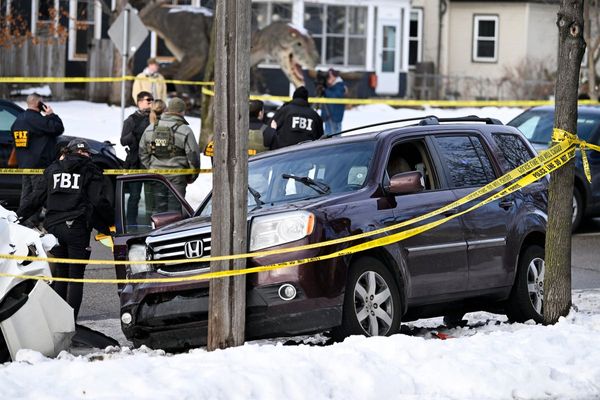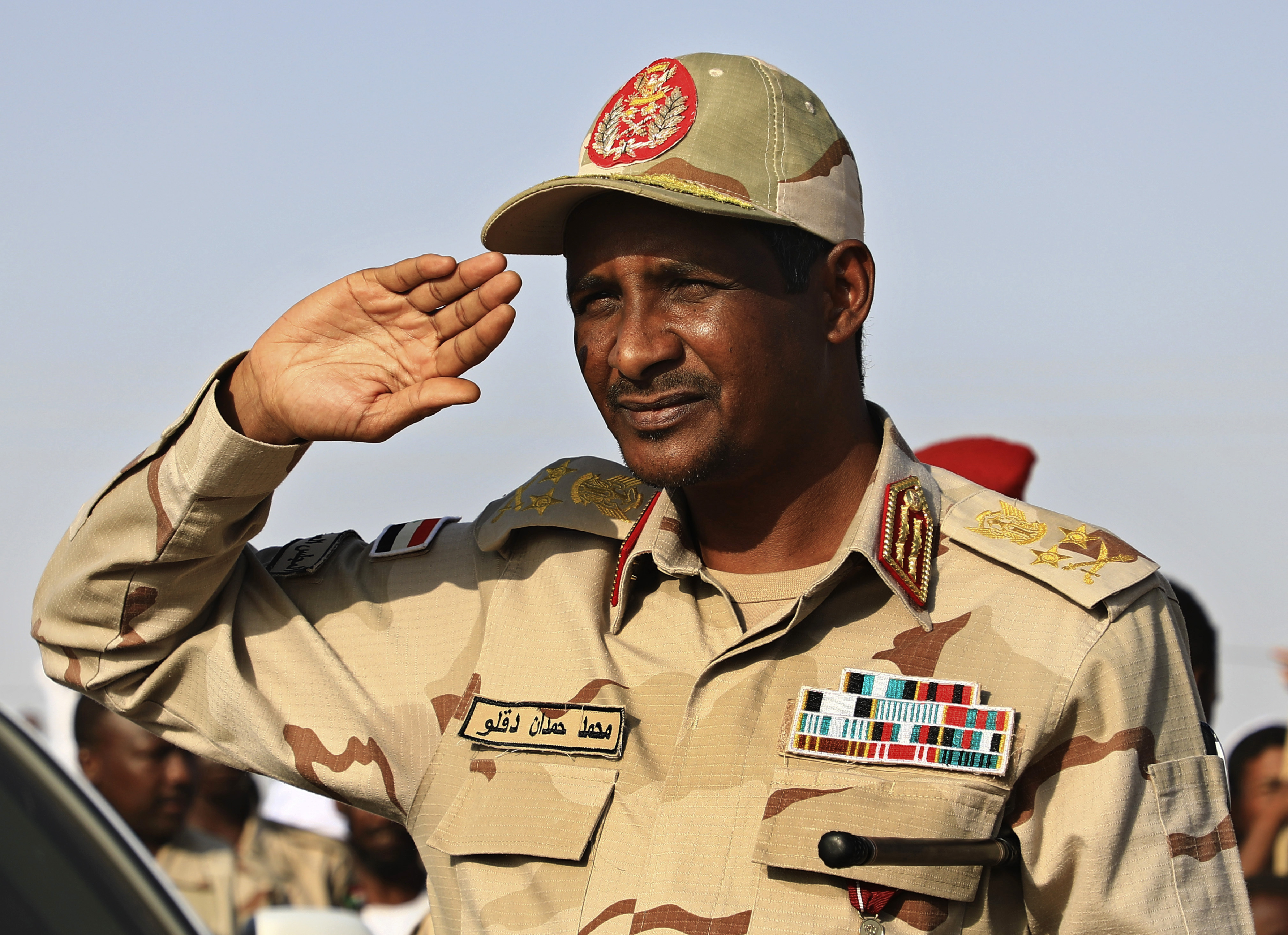
On January 6, Sudanese paramilitary leader Mohamad Hamdan Dagalo, better known as “Hemedti”, visited the memorial in Kigali that commemorates the 1994 Rwandan genocide.
Hemedti toured the museum solemnly, his sympathy-filled face belying the fact that his paramilitary Rapid Support Forces (RSF) are accused of similar atrocities in Sudan’s civil war.
Hemedti’s visit to Rwanda was part of a tour to meet African heads of state from late December to early January. South Africa, Uganda, Djibouti, Rwanda and Ethiopia all greeted Hemedti warmly, and Kenya rolled out a red carpet for him.
His tour dispelled rumours that he might be seriously wounded or killed in a conflict in which his fighters have killed thousands of civilians across Sudan, seized homes, looted cars, plundered aid, robbed banks and raped indiscriminately as a weapon of war.
Despite civilians testifying to these atrocities, Hemedti was received across Africa like a head of state, raising fears that he will keep terrorising civilians with regional backing, local monitors and experts told Al Jazeera.
“Any efforts that aim to justify or excuse Hemedti’s crimes are permitting him to continue his massacres,” said Bedour Zakaria, a human rights monitor who survived mass killings in West Darfur and is now in Kampala, Uganda.
Accused of crimes, playing statesman
In West Darfur, a region on the border with Chad, RSF fighters and allied Arab militias have killed up to 15,000 non-Arabs from the Masalit tribe, according to a soon-to-be-released United Nations report obtained by Al Jazeera.
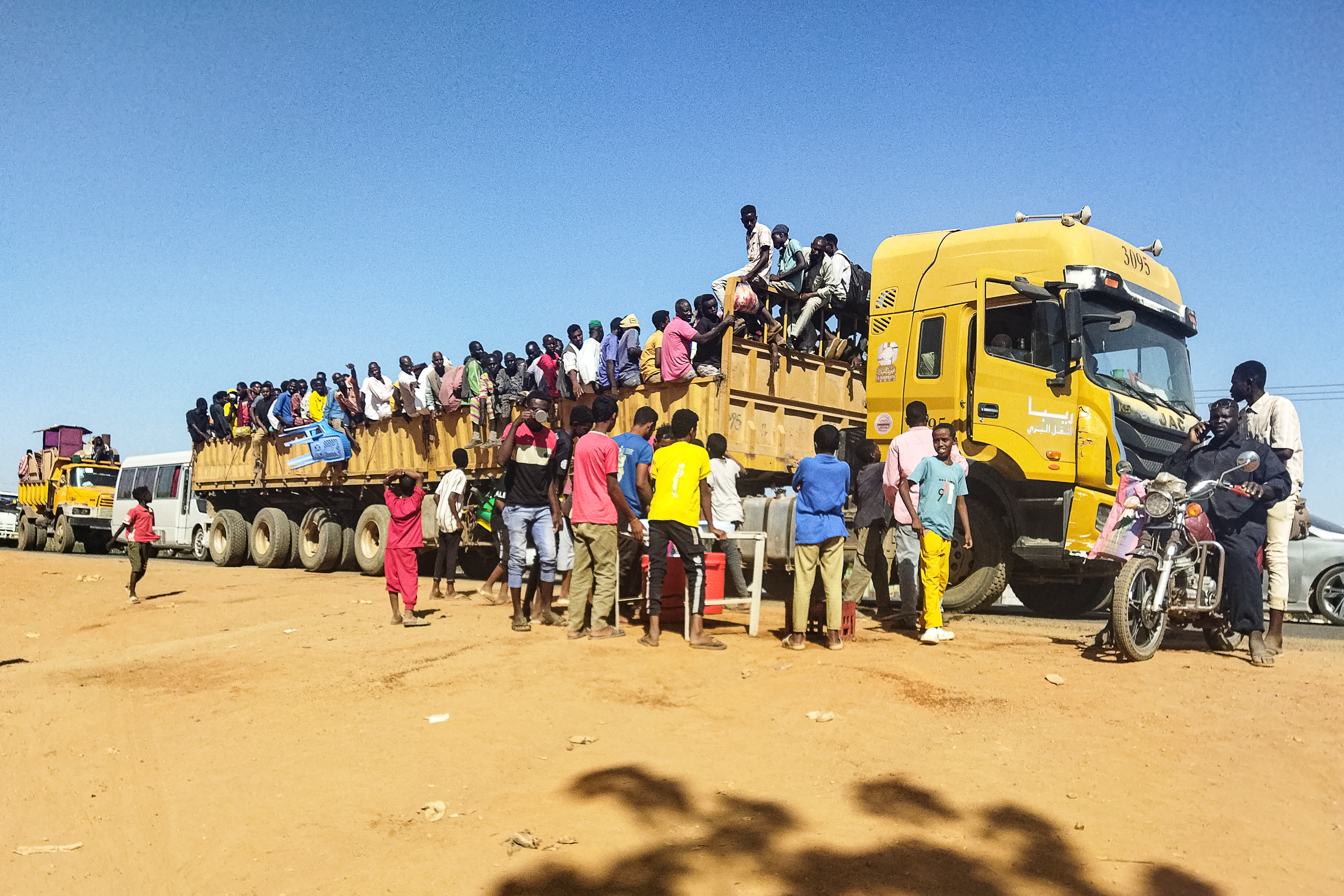
The report said 13 mass graves have been identified in West Darfur since the war between the RSF and the Sudanese army erupted in April. About 550,000 Masalit refugees have also been uprooted from their land to camps in Chad.
“Hemedti has committed all of the gravest crimes that you can think of on Masalit land,” said Yousif Gamal*, a human rights monitor from the Masalit tribe.
“He has even forced [all Masalit] to leave our land and brought new settlers to replace us,” he told Al Jazeera.
In what was perhaps a move to polish his image, Hemedti signed an agreement with Taqaddum, a broad civilian coalition self-declared as neutral in the conflict and headed by former Sudanese Prime Minister Abdalla Hamdok in Addis Ababa, Ethiopia, on January 1.
Many members of Taqaddum, including Hamdok, were in the civilian Forces for Freedom and Change, which briefly shared power with the military before being toppled in a coup by the army and RSF in October 2021. Still, they agreed to meet with Hemedti and expressed optimism after the signing.
Taqaddum’s agreement with Hemedti said the RSF was willing “to immediately and unconditionally end hostilities” and provide security to civilians and repair basic services in areas under its control.
However, so far, the RSF has failed to govern or demonstrate a desire to govern.
Two weeks before the Addis Ababa meeting, the RSF captured Wad Madani, Sudan’s second-largest city, plundering it, killing civilians, displacing hundreds of thousands of people and raping.
While Hemedti addressed his forces’ rampage in Gezira State, where Wad Madani is located, and said “rogue elements” responsible were being rounded up to be held accountable, abuses continued after the signing, prompting activists in Wad Madani to accuse Taqaddum of abandoning neutrality.
“Taqaddum can’t have any legitimacy without the Sudanese people, and the Sudanese people reject the existence of the RSF,” said Mohamad Shendega, spokesperson for the Wad Madani resistance committee, one of many neighbourhood groups spearheading local relief efforts in Sudan.
“Taqaddum has to remain neutral and independent of the two warring sides.”
Rasha Aoud, spokesperson for Taqaddum, denied accusations that the civilian coalition was compromised. “There is no alliance between Taqaddum and the RSF,” she told Al Jazeera.
Jawhara Kanu, a Sudanese expert with the United States Institute for Peace, believes Taqaddum does not have a formal alliance with Hemedti, but she fears “some in Taqaddum are blinded with hysteria and trauma and not able to see that as they fight the Kizan, they are getting closer to the RSF.”
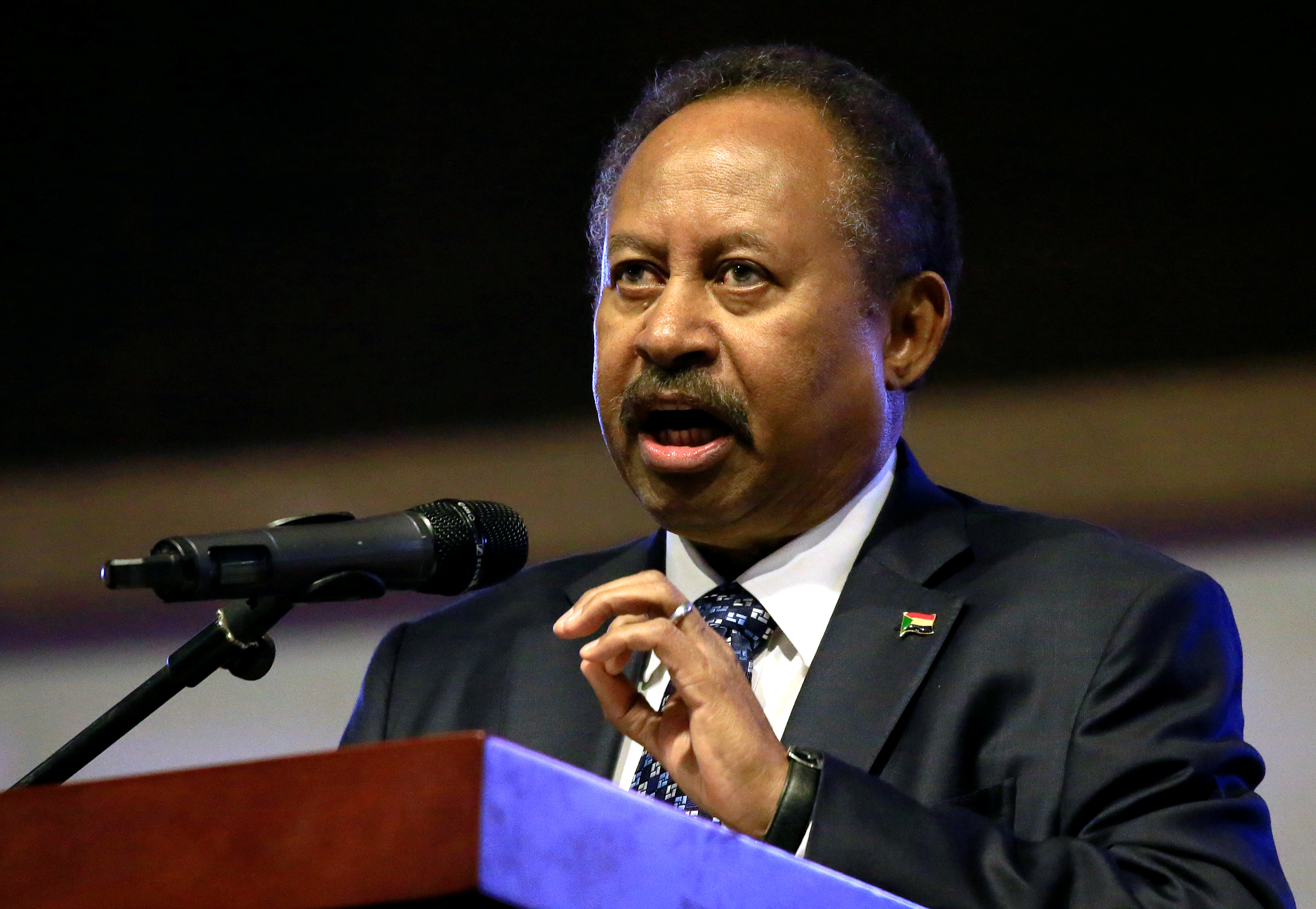
The Kizan is the collective name for figures from former President Omar al-Bashir’s government who are suspected of being embedded in key positions in the army and de facto foreign ministry.
Regional initiative
Days after the Addis Ababa Declaration was signed, Hamdok and his delegation visited Djibouti, where they urged the Intergovernmental Authority on Development (IGAD), an eight-country regional bloc, to increase its efforts to bring about a meeting between Hemedti and army chief Abdel Fattah al-Burhan.
On January 18, Hemedti travelled to Entebbe, Uganda, to attend an IGAD summit that had Sudan on the agenda.
Al-Burhan was invited but refused to attend, and two days later, the pro-army foreign ministry accused the bloc of “violating Sudan’s sovereignty” and suspended its membership in IGAD.
Kanu said al-Burhan’s response was counterproductive.
“I believe engaging is always better than disengaging,” she told Al Jazeera. “I think al-Burhan lost more than he won by not going. When you are not at the table, then anything can be said.”
I had a meeting today in Kampala, the capital of Uganda, with Dr. Annette Weber, the EU special representative for the Horn of Africa. During our conversation, I briefed Dr. Weber on the reasons behind the war in Sudan, which was initiated by the extremist former regime and its… pic.twitter.com/7OictkZfAY
— Mohamed Hamdan Daglo (@GeneralDagllo) January 18, 2024
Zakaria said the regional embrace of Hemedti is part of a broader history of domestic and international players whitewashing the RSF’s image.
She referenced Hemedti’s photo-op with the European Union’s Horn of Africa envoy, Annette Webber, during the IGAD summit.
“The Europeans pretend they care about human rights, international humanitarian law and the International Criminal Court, but at the same time they just cooperate [with Hemedti] and prioritise their interests,” she told Al Jazeera.
Days after the IGAD meeting, the EU sanctioned three RSF and three army companies, yet critics say the move will not compel the warring parties to end the war.
According to the UN report, the RSF draws on at least 50 companies to finance its war operations and pay the salaries of its fighters while the army leans on wealthy Sudanese oligarchs.
Zakaria believes European and African leaders prefer to instrumentalise Hemedti for their ends rather than pressure him to halt abuses.
“People in Sudan have been exposed to so many violations from Hemedti and his militia,” she said, “so when I see celebrations with Hemedti in African countries, I know these leaders just care about their interests and not the Sudanese people.”




